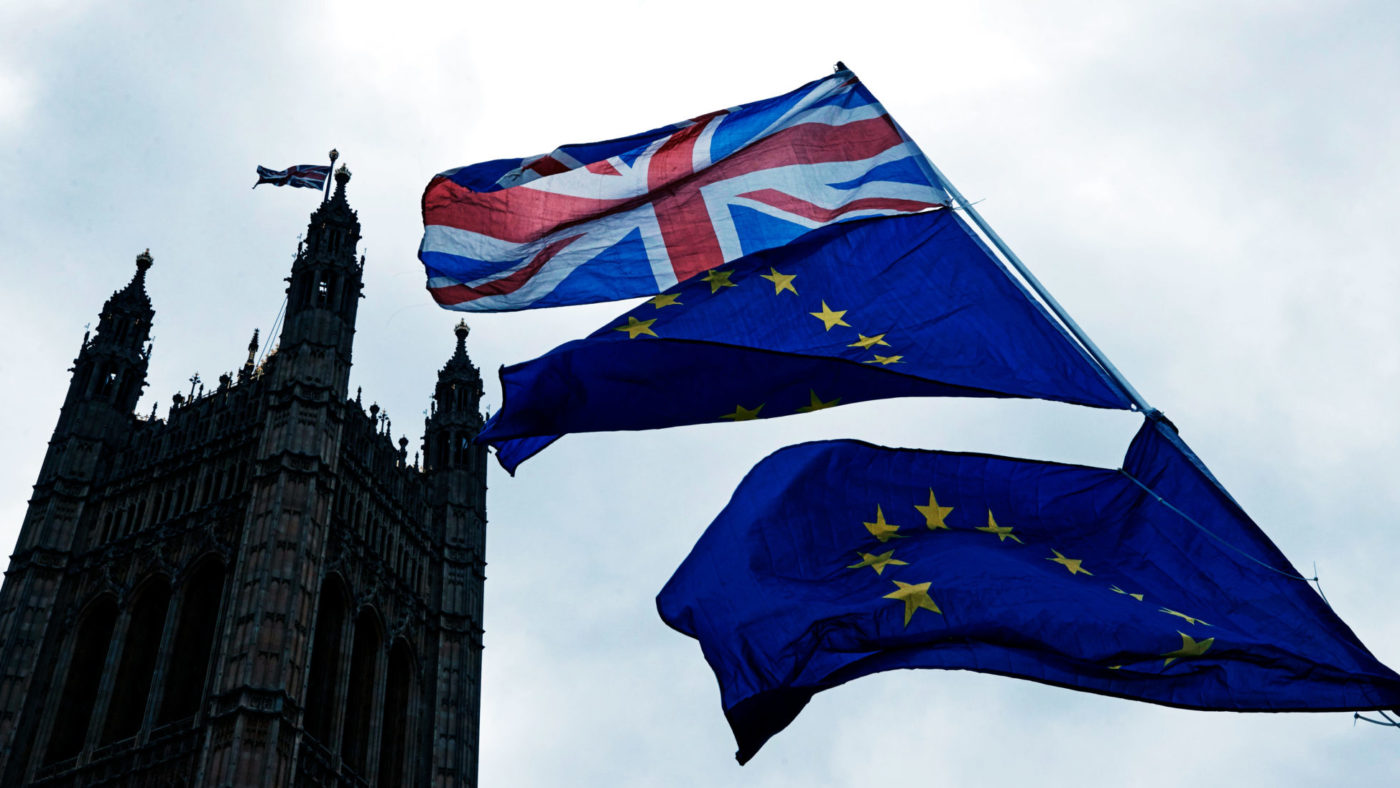On this day in 1776, the thirteen colonies of America, then at war with Britain, declared themselves to be states of a new nation. For almost as long, Americans all over the world have celebrated Independence Day, with barbecues, beer and – of course – fireworks.
Nearly 250 years on from that climactic moment, there are still important lessons to be learnt from the story of US Independence.
The colonists’ rallying cry of “No Taxation Without Representation’” has become such a commonplace that repeating it in 2018 seems almost trite. And yet, depending on how the next few days in British politics pan out, there is a very real danger that we could end up sleepwalking into precisely this scenario – by remaining tied to EU institutions, and the financial obligations this would entail, but lacking any decision-making power.
Proposals for a ‘goods-only’ model of Customs Union membership are gaining traction as the Cabinet prepares to meet at Chequers. As Robert Peston reports, it looks likely that the Prime Minister’s much-feted “third way” customs arrangement with the EU will amount to little more than “New Customs Partnership rebranded” – namely, a single market and de facto customs union for goods, with the UK required to collect, at its borders, duties on imports at the rate of the EU’s Common External Tariff.
In theory British traders could reclaim such tariffs if the goods concerned stay on the UK market and the UK operates a lower rate – in reality, few would be able to meet the administrative requirements to do so.
Of course, Britain has already agreed to shell out billions of pounds during a transition period, but this is largely a case of honouring existing financial obligations to the EU. Remaining within any kind of Customs Union would entail sacrifice of a very different kind.
As between 80 and 85% of Customs Union tariff duties go directly into EU Commission coffers, continued CU membership without input at a supranational level would necessarily involve some form of “taxation without representation”. Turkey, a member of the Customs Union but not the EU, pays import duties on products covered by its customs agreement directly to the EU.
At the same time, Customs Union membership or New Customs Partnership (or variation thereof) would drastically impede Britain from striking new trade agreements and reducing tariffs – either unilaterally or within trade deals.
Put simply, future trading partners will not negotiate with us while we remain within or tied to a customs union, lacking effective control over our tariff schedules and domestic regulations.
As Julie Bishop, Australia’s Foreign Minister, put it recently, “A free trade agreement with the United Kingdom would be precluded if the United Kingdom were to rejoin the Customs Union”.
Or take the view of Sir Lockwood Smith, one of the pioneers of the Trans-Pacific Partnership and the trade minister who initiated signing China up to the World Trade Organisation. In a recent interview with Sky News, he highlighted the dangers of excessive regulatory alignment:
“The TPP offers you the chance to bring the Asia-Pacific, a third of the global economy, to your doorstep. It’s a huge opportunity. But you won’t be able to join if you stay tied into EU regulatory systems. The rest of the world won’t take you seriously.”
Those committed to a clean Brexit are often described as hardliners or “Ultra-Brexiteers”, but leaving the Customs Union and gaining full regulatory autonomy are not matters of pig-headed ideology. They are, in fact, essential precursors to an independent trade policy and the full benefits of Brexit.
The Fourth of July should also prompt serious questions about the future of British democracy in the event of compromise of this sort, which would be considered by many an unambiguous betrayal of the referendum result. Not only would this carry worrying implications for public trust in politics – it would also spell electoral disaster for our current government.
Consider the words of Sir John Curtice, one of the few pollsters who emerged from the last few rounds of electoral outcomes with their reputation intact. According to his assessment of April’s local elections, the Conservative vote “flatlined in areas that voted most heavily to Remain” , but “increased by almost ten points” in areas where Leave performed strongly.
As was visible in last year’s General Election, then, Conservative support has crystallised amongst Leave voters. In electoral terms, this means the Government must now deliver on Brexit in a way that will satisfy these voters’ aspirations. It is hard to see how a deal that would so strongly erode our ability to trade freely with the world could possibly achieve this.
More than two centuries on from American independence, the importance of democratic accountability remains a self-evident truth – but one which we ignore at our peril.


